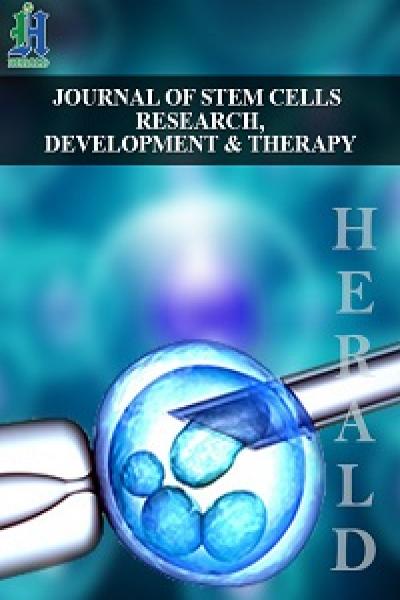
Embryonic Stem Cells (ESCs)
Embryonic stem cells (ESCs) are pluripotent cells obtained from the inner cell mass of the blastocyst during early embryonic development. Their capacity to differentiate into all three germ layers—ectoderm, mesoderm, and endoderm—makes them invaluable for regenerative medicine, disease modeling, and drug development. Current ESC research emphasizes improving directed differentiation, maintaining genomic stability in culture, and reducing teratoma risks. Advanced tools like CRISPR/Cas9 gene editing and single-cell transcriptomics are enabling precise insights into gene regulation and lineage specification.
Furthermore, xeno-free and chemically defined culture systems are enhancing the safety and clinical applicability of ESC-based therapies. Ethical considerations remain central to research governance, ensuring responsible progress. Notable strides have been made in using ESCs to treat conditions such as Parkinson’s disease, age-related macular degeneration, and spinal cord injuries. The Journal of Stem Cells Research, Development and Therapy actively promotes research that expands knowledge of ESC biology and supports their translation into therapeutic innovations.

